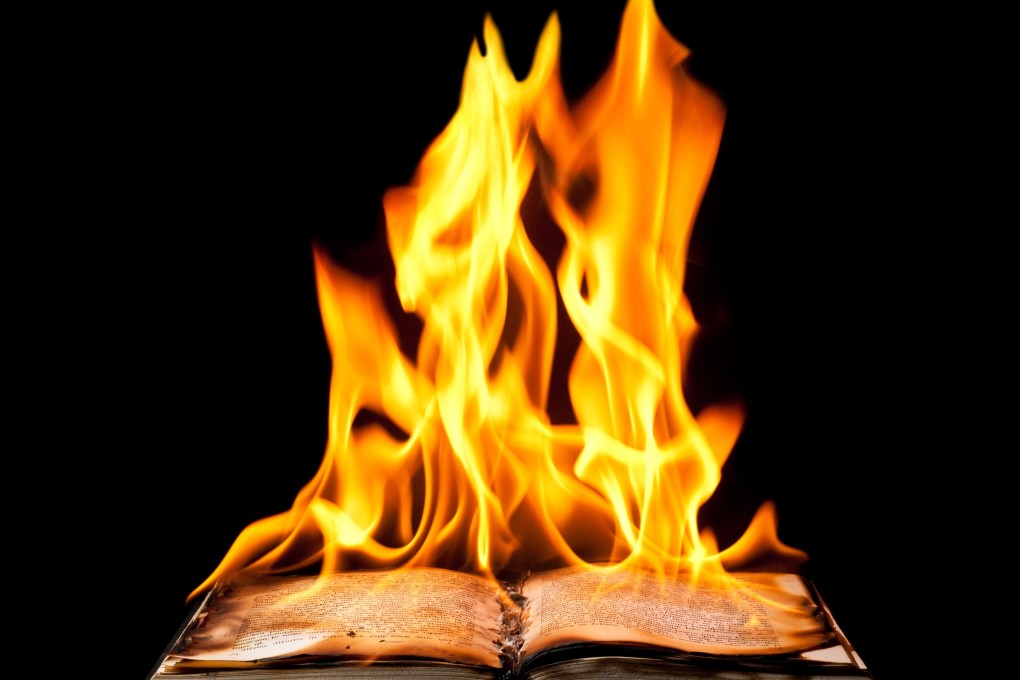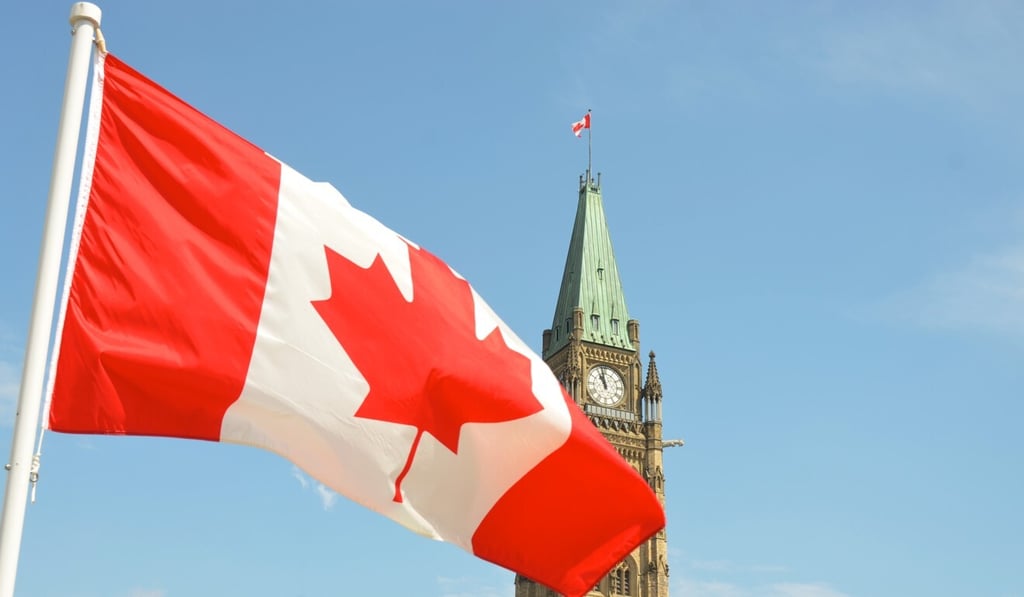My Take | World looks away after Canadian schools burned books
- Going from genocide to book burning in school systems doesn’t mark social progress; quite the opposite

Over time, Canada has jumped from one fascist extreme to another, so the country should count itself lucky that within the mainstream it’s still relatively liberal and democratic; but for how long?
Imagine if a school-sponsoring body in Hong Kong or a local Communist Party chief in Shenzhen authorised the removal and burning of thousands of books from school libraries, because their contents were deemed “outdated” or “harmful”.
I imagine it would be front-page news in every newspaper and the top story in every news broadcast around the world. Somehow, since it was done in Canada, it has been pretty quiet.
The story so far? More than 4,700 books were removed from library shelves at 30 schools in Ontario. Some have already been burned; others are being recycled as waste paper.

Remarkably, the books were burned in such a hush-hush manner back in 2019 that few people knew about it until the French-language service of Radio Canada broke the story this week.
The book burning and removal were authorised by the Conseil scolaire catholique Providence, a francophone school board which oversees elementary and secondary schools in southwestern Ontario. A Canadian school board is somewhat similar to a school-sponsoring body in Hong Kong.
